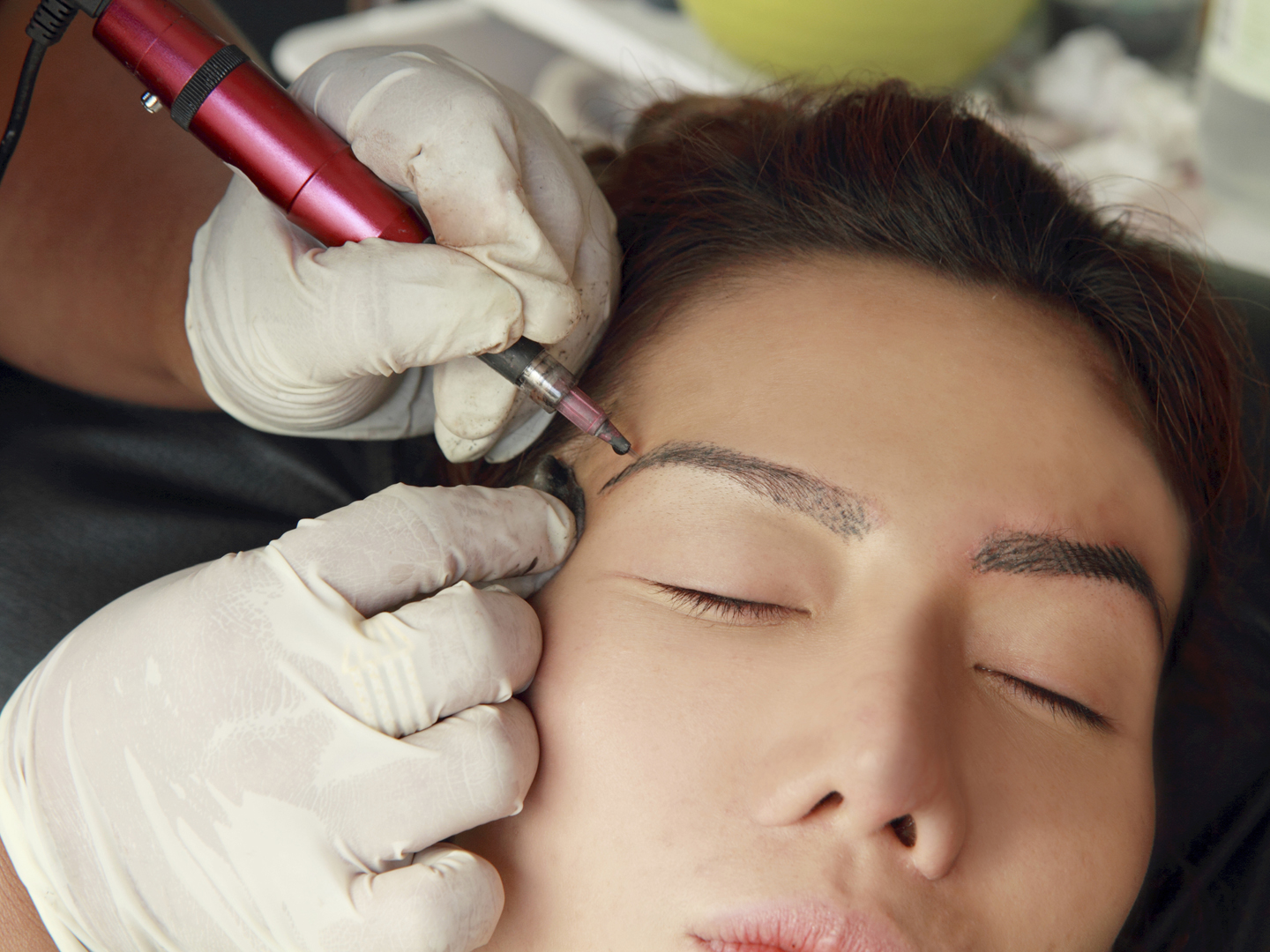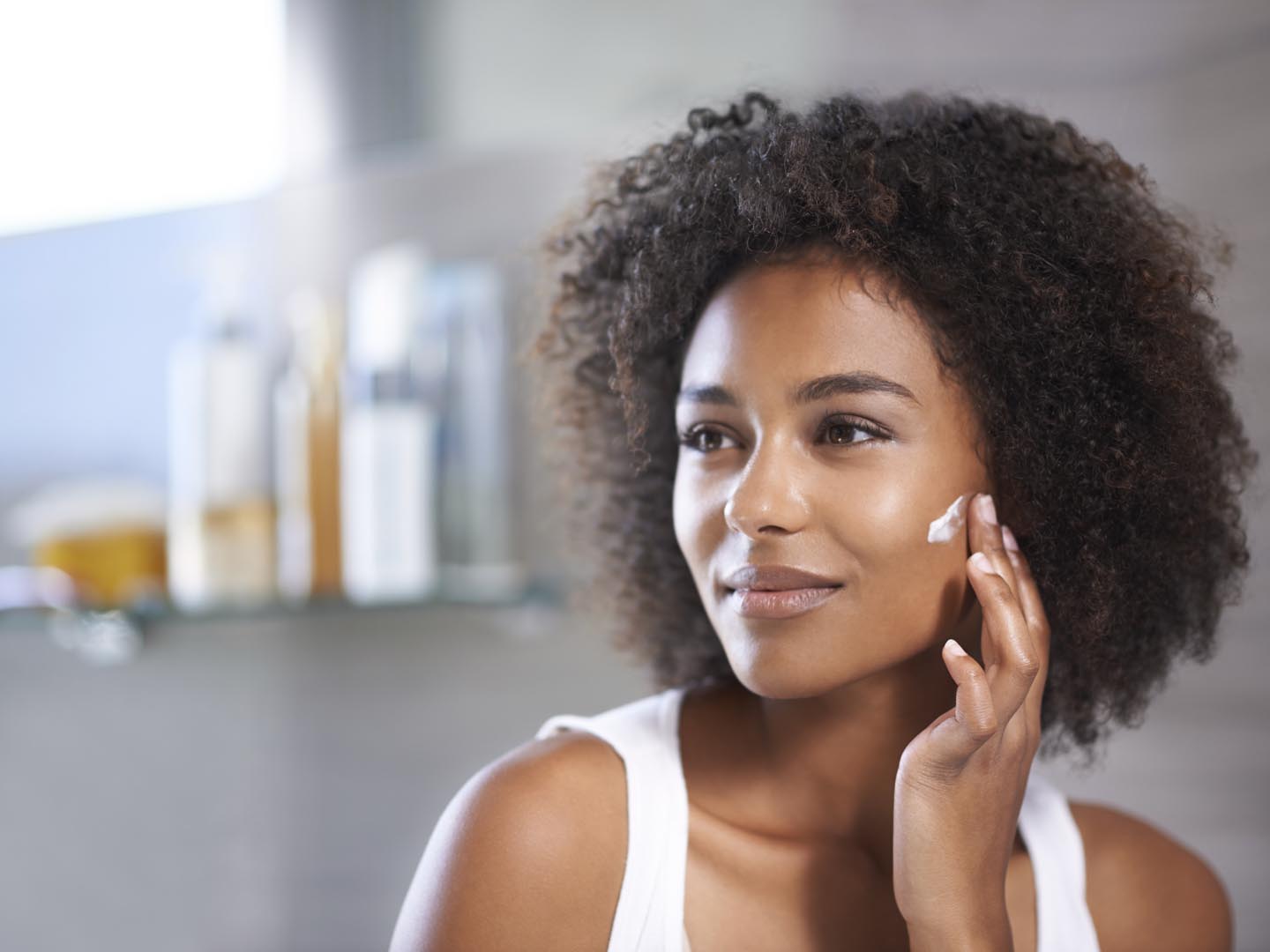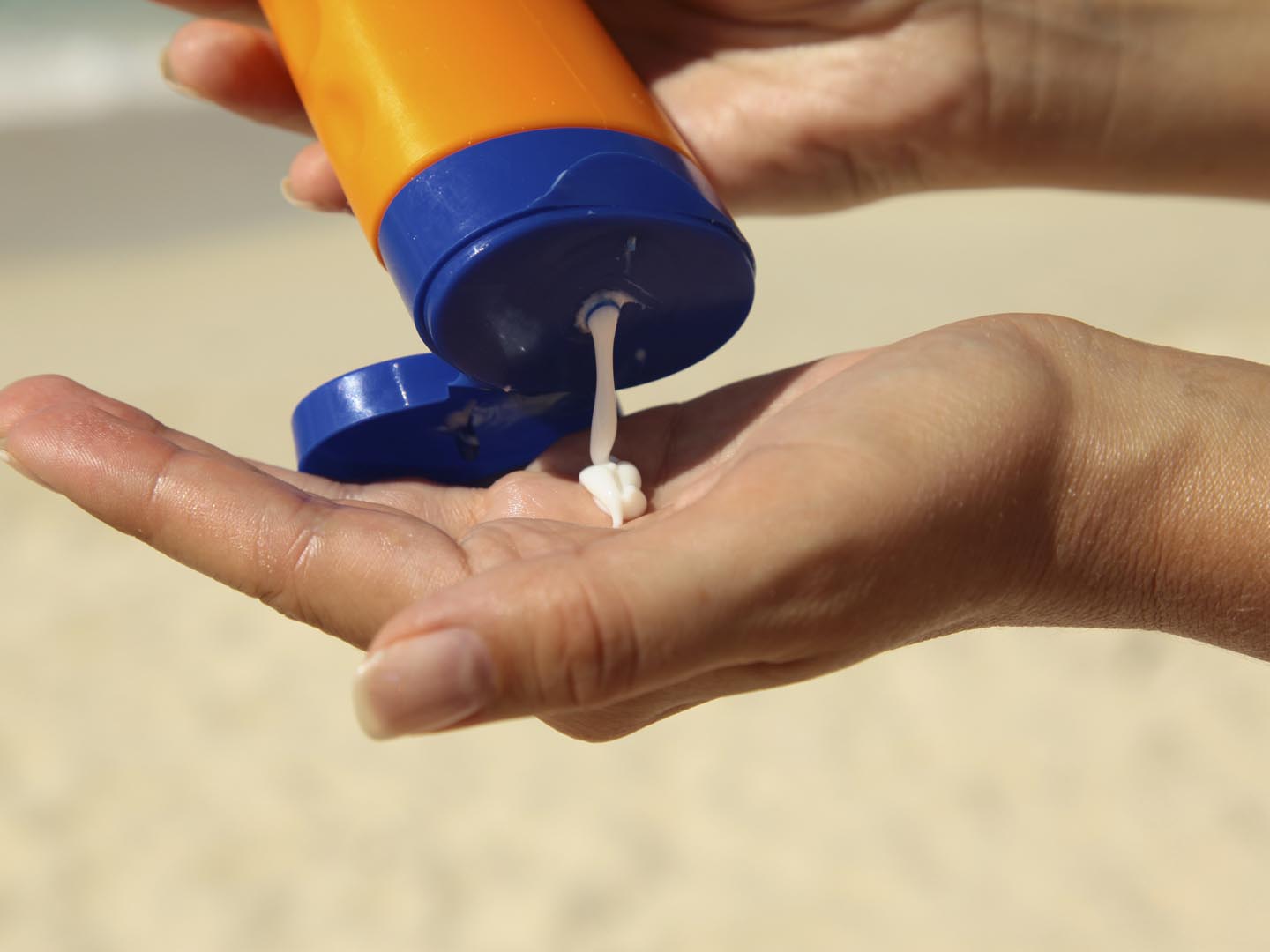Is Permanent Makeup Safe?
I’m considering permanent makeup to add color to my lips and as eyeliner. Do you think it is safe?
Andrew Weil, M.D. | December 27, 2010

I think we should call permanent makeup what it really is: a tattoo. Before I get to why I think this is a bad idea, I want to tell you that I do understand the reasons why some women (and men) may see permanent makeup as a solution to perceived problems with their appearance. For those with alopecia areata (an autoimmune disease that leads to patchy hair loss) permanent makeup may restore the appearance of eyebrows. The same may be true of some cancer patients, although hair lost due to chemotherapy or radiation usually regrows after treatment ends.
But the downside requires serious consideration. I’ve read that more than half of all individuals who get tattoos later regret it. Removing permanent makeup is just as difficult and risky as removing any other tattoo: Laser removal is now considered the best and safest procedure (others include excision, dermabrasion, salabrasion, and cosmetic over-tattoo). No matter which method you choose, it will be time-consuming and may leave permanent scars or residual discolorations. According to the American Academy of Dermatology, laser treatment of tattoos “may entirely remove the pigment or only bring fair results. The skin is rarely as perfect as it was prior to getting the tattoo.” And treatment to remove tattoos can be very expensive and is not covered by insurance.
Problems may arise even if removal isn’t an issue for you. The complications of having permanent makeup “applied” include infection, allergic reactions to the ink used and the development of growths such as granulomas, nodules that can arise around any material the body perceives as foreign, and keloids, scars that can grow beyond normal boundaries.
What’s more, you may be dissatisfied with the way the permanent makeup looks – eyebrows may seem crooked or uneven, colors may be too harsh and shapes may not be to your liking. And while the FDA has approved a number of color additives for use in cosmetics, none of them is approved for injection into the skin. The FDA warns that using an unapproved color additive in a tattoo ink adulterates the ink and that “many pigments used in tattoo inks are not approved for skin contact at all. Some are industrial grade colors that are suitable for printer’s ink or automobile paint.”
Bear in mind, too, that fewer than half of permanent makeup professionals are certified and their industry is unregulated. If I were you, I would stick to makeup that you can apply yourself and wash off if you’re not happy with the result.
Andrew Weil, M.D.










